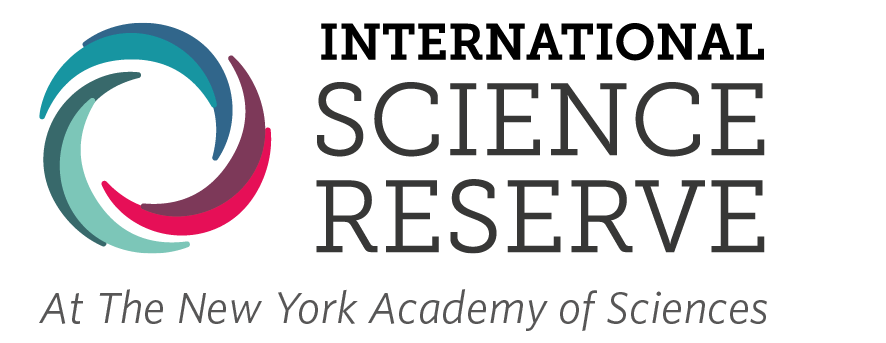The US-UK Scientific Forum on Research Access to Data
Date: September 12-September 13, 2023 Location: Online

The pandemic has demonstrated that the public benefits when researchers have prompt access to a variety of data sources, such as data from public and government bodies, as well as private companies. There is also significant interest in how we connect and link the different data sources.
The US-UK Scientific Forum on Research Access to Data, presented by the National Academy of Sciences and the Royal Society on September 12-13, 2023, addressed the evolution of researcher access to data; best practices and lessons learned from fields that are on the forefront of data sharing; and challenges related to pressing societal problems such as online information (and misinformation), modeling for pandemics, and using data in emergencies.
Watch the International Science Reserve’s Executive Director, Dr. Mila Rosenthal, participate in a panel on:
Openness and Data Availability in Academic Research: Tensions and Possibilities
September 13, 2023 (1:45 – 3:45PM ET)
This session drew from previous discussions to address cross-cutting themes related to data access for scientific research. Barriers to open data availability include tensions between open science and security/privacy, data subject intentions and repurposing of personal data, as well as cultural and practical disinclinations amongst academic researchers.
However, the potential for data-driven research is interdisciplinary and cross-sector in nature: open research is increasingly encouraged by publishers, funders, universities, and governments. Considering the different definitions of open research across different jurisdictions, this session addressed the practical implications of open data practices and mandates (e.g., OSTP’s call for ‘free, immediate, and equitable access to federally funded research’).
It also considered implications for useful data that is neither publicly funded nor research data, with critical attention to transparency in data provenance and collection methods. Attendees can expect to leave with an understanding of how scientists can respond to open research requirements, and to contribute views on best practice for open research in academia, both for meeting and thinking beyond regulatory requirements.
Panelists included:
- Chris Marcum, The Office of Science and Technology Policy (OSTP)
- Mila Rosenthal, International Science Reserve, New York Academy of Sciences
- Johan Ugander, Stanford University
The full event was streamed live on the National Academy of Sciences’ website.


